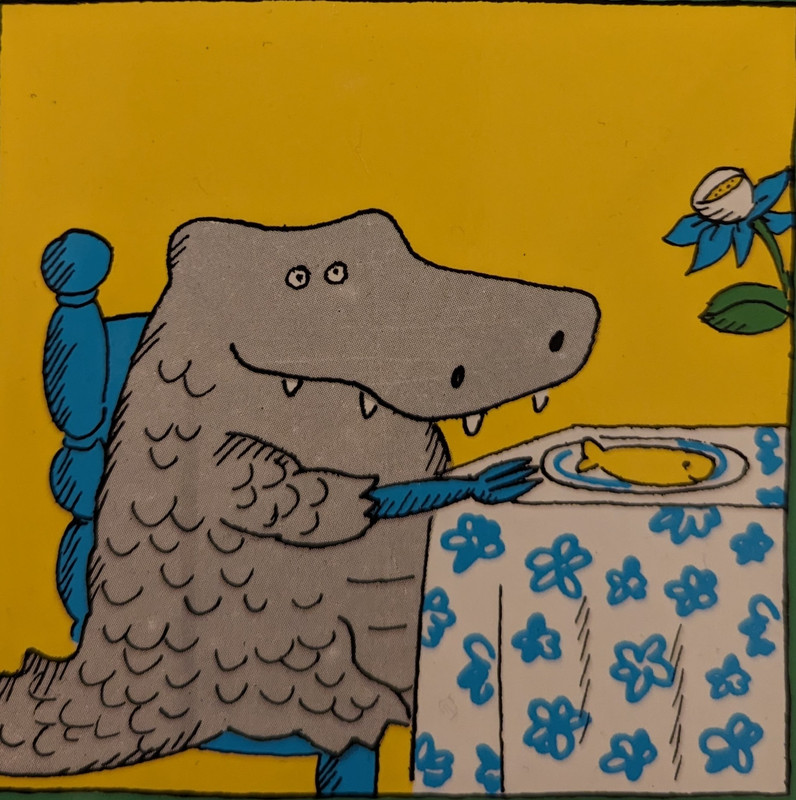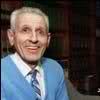- Welcome to Cook'd and Bomb'd.
-
 Fontaines DC (Irish band)
by LordMorgan
Fontaines DC (Irish band)
by LordMorgan
[Today at 01:54:33 AM] -
 Cass Report [split topic]
by Elfking
Cass Report [split topic]
by Elfking
[Today at 01:25:00 AM] -
 Trans Mania: Graham Linehan...
by Elfking
Trans Mania: Graham Linehan...
by Elfking
[Today at 01:18:43 AM] -
 The second thread of your...
by Spudgun
The second thread of your...
by Spudgun
[Today at 01:17:31 AM] -
 Mach Comedy Festival 2024
by edwardfog
Mach Comedy Festival 2024
by edwardfog
[Today at 12:56:17 AM] -
Snooker 23/24 by Black Emerald
[Today at 12:54:48 AM] -
 Silly little things that mean...
by PaulTMA
Silly little things that mean...
by PaulTMA
[Today at 12:54:29 AM] -
 Manor Lords - Medieval city...
by Cuellar
Manor Lords - Medieval city...
by Cuellar
[Today at 12:33:05 AM] -
 Perfect sub 1 minute songs...
by Ron Maels Moustache
Perfect sub 1 minute songs...
by Ron Maels Moustache
[Today at 12:31:38 AM] -
 Bits of British LE/low cultural...
by Blumf
Bits of British LE/low cultural...
by Blumf
[Today at 12:28:19 AM]
Members
 Total Members: 17,826
Total Members: 17,826 Latest: skinnylike
Latest: skinnylike
Stats
 Total Posts: 5,585,775
Total Posts: 5,585,775 Total Topics: 106,776
Total Topics: 106,776 Online Today: 914
Online Today: 914 Online Ever: 3,311
Online Ever: 3,311- (July 08, 2021, 03:14:41 AM)
Users Online
 Users: 41
Users: 41 Guests: 860
Guests: 860 Total: 901
Total: 901 Bjarnfredarson
Bjarnfredarson privatefriend
privatefriend Swoz_MK
Swoz_MK chutnut
chutnut Bronzy
Bronzy curiousoranges
curiousoranges trabuch
trabuch Geraint
Geraint Kelvin
Kelvin Egyptian Feast
Egyptian Feast Bongo_Christ
Bongo_Christ Adey
Adey Lenni
Lenni Reg Lovecraft
Reg Lovecraft RDRR
RDRR jamiefairlie
jamiefairlie JimminyJillikers
JimminyJillikers BJBMK2
BJBMK2 McDead
McDead Stoneage Dinosaurs
Stoneage Dinosaurs Urinal Cake
Urinal Cake Theoretical Dentist
Theoretical Dentist KindaSorta
KindaSorta Langdale
Langdale Goldentony
Goldentony Nowhere Man
Nowhere Man klaatu!
klaatu! JuggaloBoi420
JuggaloBoi420 TheDreamIsOver
TheDreamIsOver Catalogue Trousers
Catalogue Trousers Duckula
Duckula Steven88
Steven88 LordMorgan
LordMorgan Memorex MP3
Memorex MP3Wakey Wakey! A Joycean noisy'un notion.
Started by Pavlov`s Dog`s Dad`s Dead, May 01, 2023, 01:30:48 PM
Previous topic - Next topic
User actions

